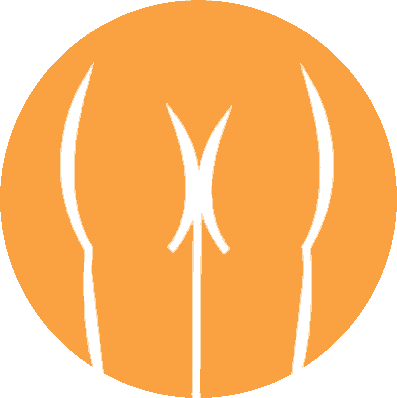

To be frank, all seances are designed to scam the grieving, AI or otherwise. If AI threatens the psychic industry I say let them fight.


To be frank, all seances are designed to scam the grieving, AI or otherwise. If AI threatens the psychic industry I say let them fight.


Life imitating “art” I suppose because There’s actually a Death Note musical.


A shorter sneer for the back of the hardcover edition
How.


As a Canadian we’re just waiting for the tanks to start running through.
We’re apparently going to get an election April 28th, but is there still going to be a Canada by then? Who knows.


deleted by creator


So did the series actually end or did it just sort of stop?


Nvidia’s current downturn is probably moreso due to the disastrous launch of it’s 5000 series rather than AI.
If it was AI I’m guessing the drop would be larger.


It’s an archive, so he can’t really update that.


Thing is, that by December 2023, the time of the archive, there was already a scandal with someone using ChatGPT to do the work of discovery. While he might have stopped doing PR work for DoNotPay by that time, he was willing to advertise the fact that he did do such PR work for such a company. It shows either a lack of due diligence in researching his clients, or maybe it was just a paycheque for him. Perhaps he thought he knew more than what he actually did. Or maybe there was something else, I’m not clairvoyant.
It’s clear that he’s pivoted from that viewpoint, but it does make me curious what happened between then and now that caused him to become skeptical.


According to the archived website, he did do PR for DoNotPay, which is advertised as “The first robot lawyer.”
It’s certainly possible though that at the time he thought there was more potential for this sort of AI than there actually was, though that could also mean that his flip is relatively recent.
Or maybe it’s something else.


“Fund my company and your child might live to adulthood and/or have sperm that glows green.”


“Unsubtlly” being him quite literally saying that he wants Canada to be the 51st state.
Not sure how much more unsubtle you can get there.


deleted by creator


deleted by creator


Shows up as “Gulf of Mexico (Gulf of America)” for me.


deleted by creator


deleted by creator


Am I reading this right? Is he suggesting doing experiments on the suicidally depressed?
As a Canadian I knew it was happening, but I never tuned in or anything like that.